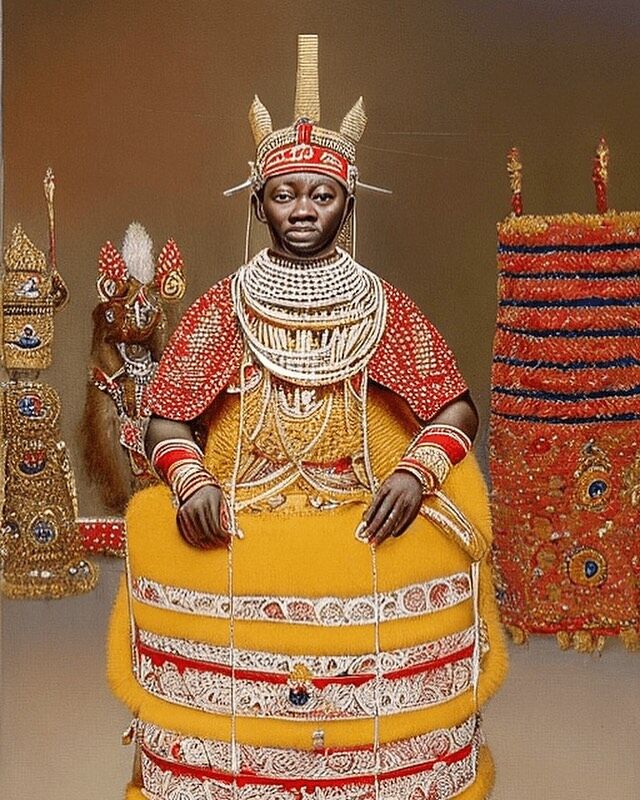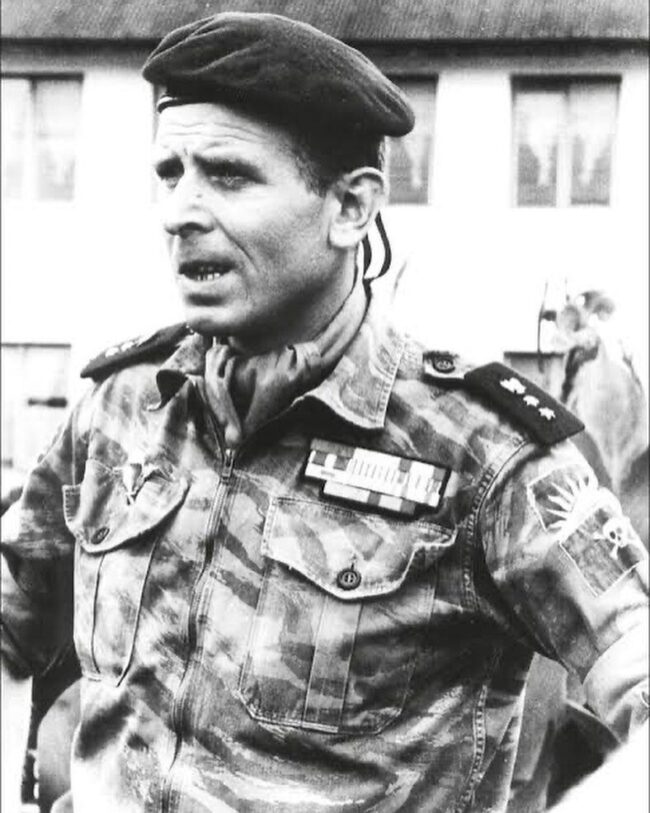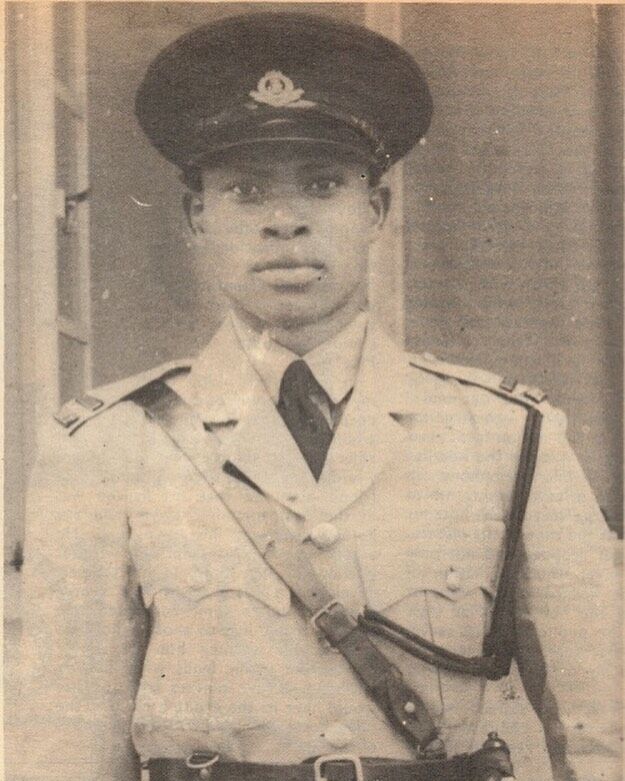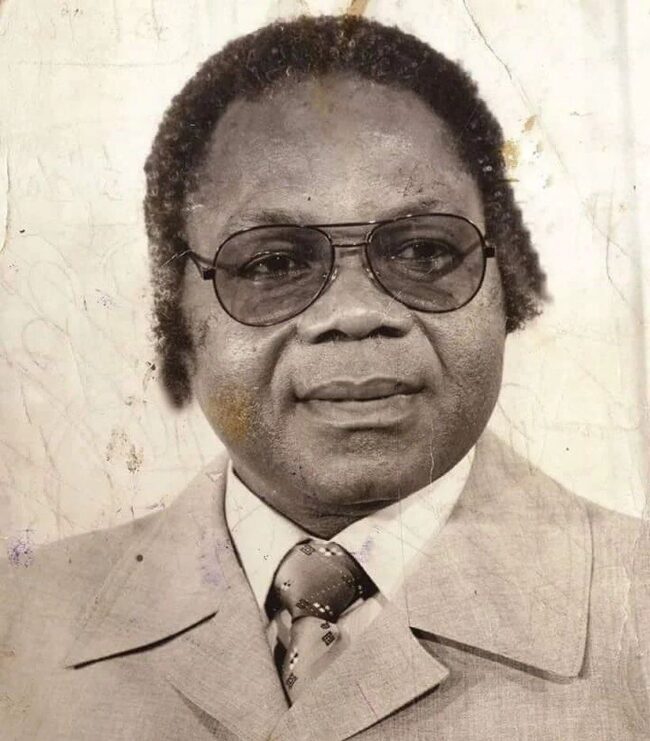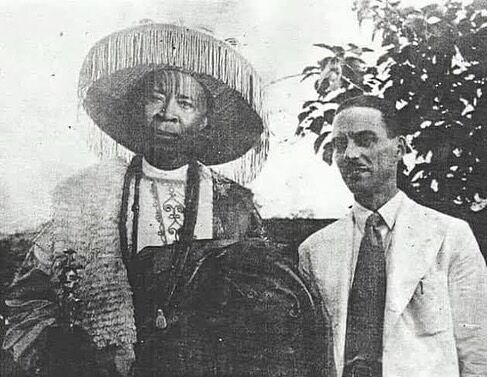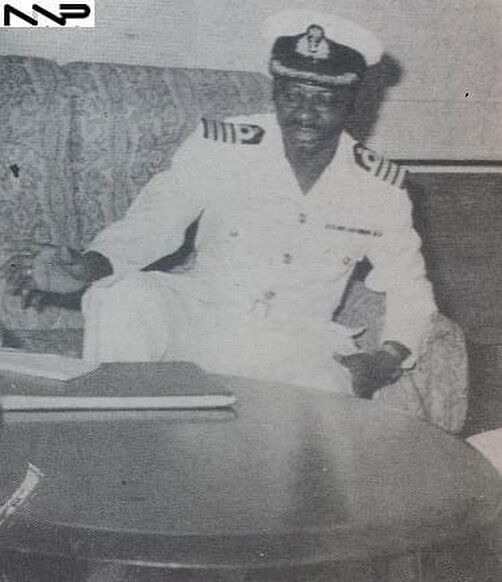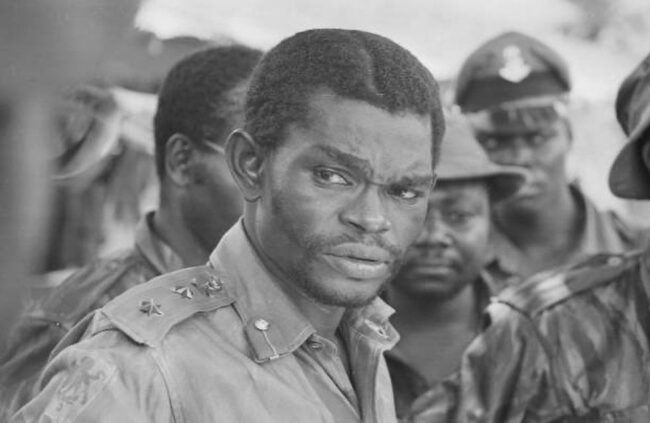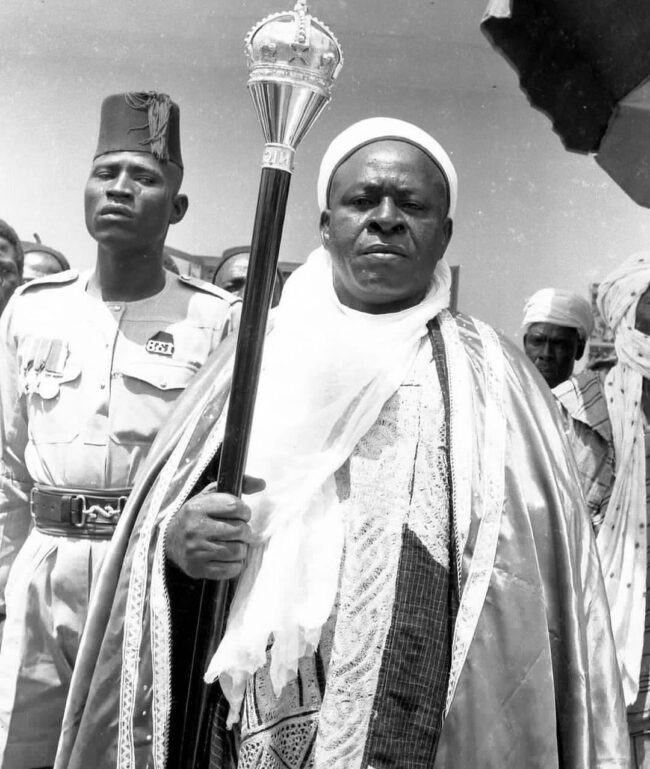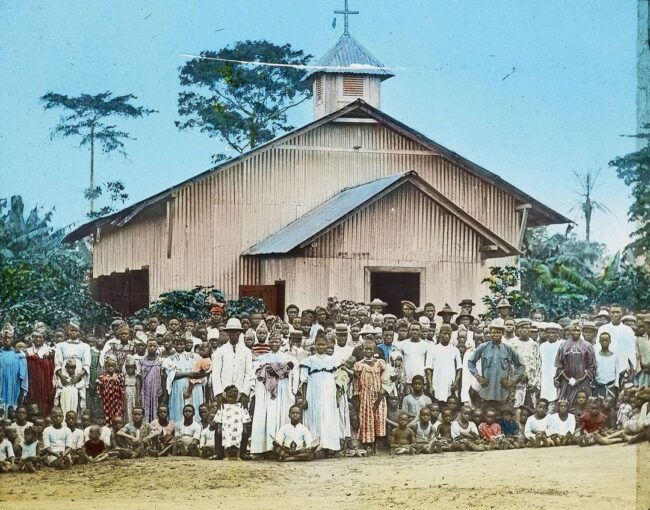Accounts of the Death of Oba Ehengbuda During a Violent Storm on a Visit to Lagos
Ehengbuda, also called Ehengbuda N’Obo, which translates to “Ehengbuda the Physician,” was the eighteenth Oba of the Benin Empire, ruling from around 1578 until 1606 AD. Ehengbuda, the son of Orhogbua, the first Oba to have contact with Europeans, succeeded him in extending the empire’s borders westward and eastward and establishing dominance over vassal nations. In addition, he traded and conducted diplomacy with the Portuguese and English, earning presents like a telescope. The warrior monarchs of Benin history came to an end when he was killed in a storm at sea while returning from a visit to his colony in Lagos. The Obas that followed him gave their chiefs charge of the military. Ehengbuda, the eighteenth Oba of Benin, came to the throne in 1578 AD. He was the eldest son of Oba Orhogbua and Iyoba Umelu. A senior chief named Uwangue of Uselu accused him of trying to steal power while his father was away at war.His mother, Iyoba Umelu, killed herself out of worry for her son’s safety, and his steward, Ake, were executed as a result of this accusation. Nevertheless, an additional inquiry exonerated Ehengbuda of any misconduct. Ehengbuda eliminated the title of Uwangue of Uselu once he was crowned. In addition, he enacted a number of reforms, giving his chieftains and warriors new titles and levels. Most notably, he created the role of Ohennika of Idunmwu-Ebo, which is in charge of performing burial ceremonies for people who take their own lives within Benin City. Oba Ehengbuda perished at sea in a severe storm in 1606, while on his way back from a visit to Lagos. He had traveled to Lagos Island to examine the military camp (eko) that his father had built. He planned to paddle his way back to Benin City with his chiefs and warriors. However, after about six days of voyage from Benin and two days from Lagos, an unexpected storm capsized their watercraft on the Agan River. The bodies of Ehengbuda and his companions were never found after they drowned. The period ruled by warrior kings came to an end with Ehengbuda’s reign. Later Obas turned their attention to the ceremonial and spiritual aspects of kingship, giving their chiefs command over the armed forces. The Oba’s position inside the palace grew more and more isolated, and he began to be seen more as a figure of mystical strength than of military might. He increased the Benin Empire’s power and influence on a larger scale, securing its hold on many tributary territories. He acquired cutting-edge technologies and gifts while promoting commerce and diplomatic ties with European powers. He also arbitrated conflicts amongst Yoruba Obas, with whom he was dynastically related.Interestingly, he brought about changes in the court by giving his chiefs and warriors new titles and positions.In addition, he instituted rites and practices that are being followed today. Ehengbuda, a well-known doctor and spiritualist, was rumored to have had a glass in his possession that allowed him to see into the…

